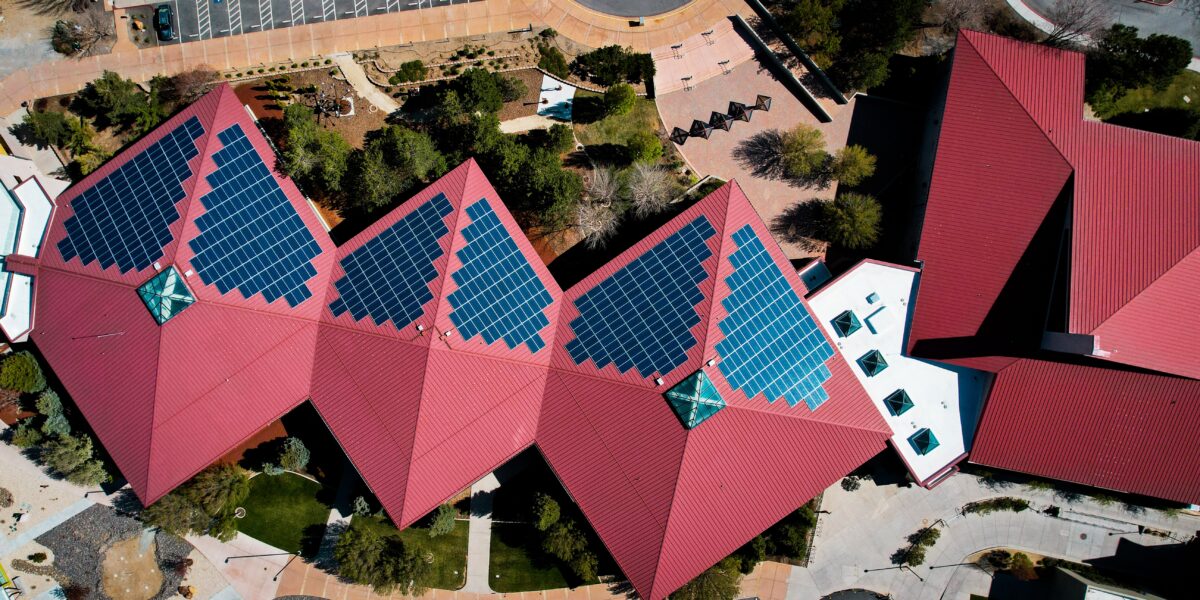Scientists at China's State Grid Hebei Marketing Service Center have created an Internet-of-Things-based calculator to estimate feed-in and net metering tariffs for residential PV systems linked to energy storage systems.
Called Smart TARiff (STAR), the calculator uses current and voltage sensors to collect data about current and voltage from the connection to the household devices. These sensors provide this information to the microprocessor of a Raspberry Pi, which is a minicomputer on a circuit board that enables users to control electronic components for physical computing and explore the Internet of Things (IoT).
“The Raspberry microcontroller handles the internet connectivity via its inbuilt WIFI module in order to transmit the real-time energy consumption of the electricals and electronic appliances remote control over the internet,” the academics said.
The device also utilizes an algorithm for fuzzy logic to determine variations in frequency and demand. “Our design principally focuses on allocating the users' available electricity,” the researchers said, noting that power and energy consumption of a household's major loads are transmitted via a cloud server to a MATLAB app for monitoring from anywhere.
The tool then sends email notifications with the tariff values to the PV system owners.
“This system could be used for reducing the wastage of electrical energy in the house by proper scheduling and monitoring of the appliances,” the Chinese group said. “Including voltage sensing into the hardware as well as processing it to calculate power can improve the accuracy of this device.”
They introduced the new tool in the study “Smart tariff calculator for feed-in tariff scheme of renewable resources,” published in Measurements: Sensors.
This content is protected by copyright and may not be reused. If you want to cooperate with us and would like to reuse some of our content, please contact: editors@pv-magazine.com.




By submitting this form you agree to pv magazine using your data for the purposes of publishing your comment.
Your personal data will only be disclosed or otherwise transmitted to third parties for the purposes of spam filtering or if this is necessary for technical maintenance of the website. Any other transfer to third parties will not take place unless this is justified on the basis of applicable data protection regulations or if pv magazine is legally obliged to do so.
You may revoke this consent at any time with effect for the future, in which case your personal data will be deleted immediately. Otherwise, your data will be deleted if pv magazine has processed your request or the purpose of data storage is fulfilled.
Further information on data privacy can be found in our Data Protection Policy.